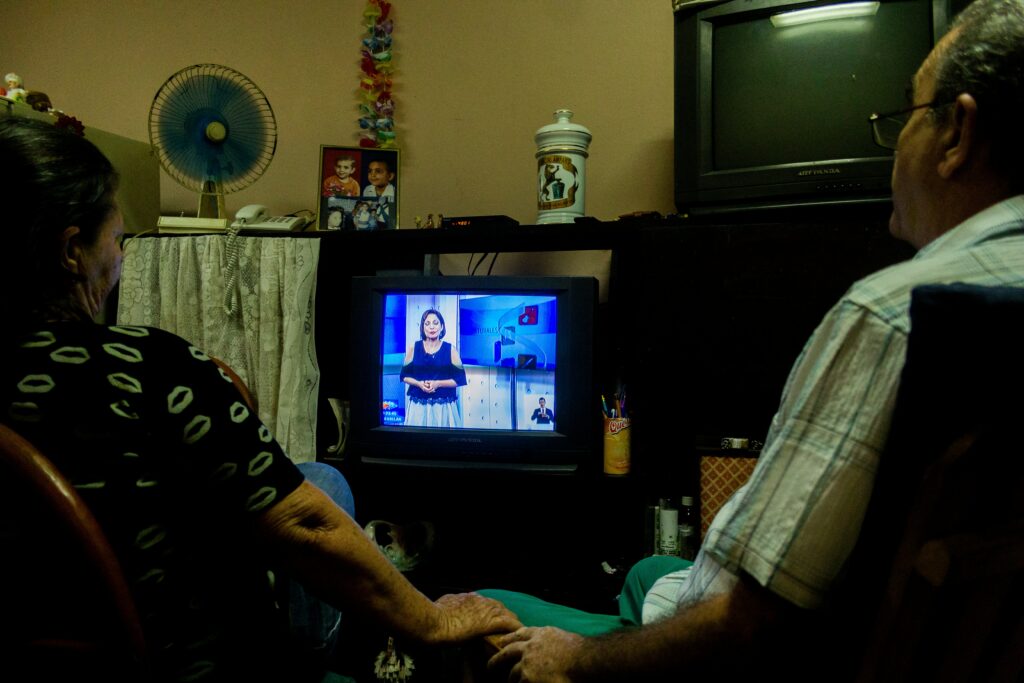February 2024
By Richard Fleming

Photo by Richard Fleming
Last September, my wife and I visited the Mendocino Coast Botanical Gardens, a beautiful 47-acre preserve south of Fort Bragg, California. It was midweek in autumn, and the gardens were peaceful and serene. While the park’s 13 collections remained lush, the flowers, shrubs, and other plants were clearly settling down for the winter ahead. The air was crisp and cool, and the wind found its way beneath our jackets as we walked along the Coastal Bluff Trail. Looking out over the Pacific Ocean, we saw occasional flocks of birds winging their way south in anticipation of the chilly weather to come.
After a gentle two-mile walk, we circled back to the entrance area and tucked into Rhody’s Garden Café for a light lunch. Rhody’s has an outdoor seating area surrounded by plants of all kinds. When we arrived, the dozen or so tables were occupied, but fortunately we were able to claim one just as an older couple was leaving. As we sat eating a turkey pesto sandwich and a soup-and-salad combo, we looked around and noticed that every table was occupied by seniors. Since it was a Wednesday and schools were in session, it should not have been surprising. But the complete absence of anyone young or even middle aged seemed a mite odd.
We also noted that almost no one was talking. Couples were focusing on their food. Groups of friends were silent. This too seemed a little strange. We were sitting in the midst of an open air plaza filled with old people who were not talking. It felt a bit bizarre, and it seemed we were out of place.
But we then realized that we were not talking with each other either. And we recognized that we too were just a couple of old folks, like everyone else there. We fit the mid-week, mid-September mold at Rhody’s Garden Café to a T. I’m sure no one eating lunch that day thought there was anything unusual about us.
We started chatting quietly and realized there was no reason to be surprised that it was exclusively old folks on the plaza. Most middle-aged and young adults were working and children were in school. So of course it was only seniors who had the freedom to relax in the botanical gardens on that autumn weekday.
But what about the eerie silence? Why was no one talking to their tablemates? I reflected on this and recalled the many times we’d been in restaurants where couples were sitting quietly, not saying much to each other. This seemed to occur more commonly among older couples. I had not previously given much thought to this phenomenon, but being surrounded that day by a group of quiet old people was a bit disconcerting. And thought-provoking.
I realized silence between couples does not necessarily imply an absence of communication. When two people have spent many decades together and know their partner better than they know themselves, their channels of communication run wide and deep. Nouns and verbs, adjectives and adverbs, are not always required to exchange thoughts, feelings, and ideas. Silence does not necessarily mean distance. It does not have to imply absence. Silence may convey closeness. And interconnection. And love.
And a similar phenomenon can apply to seniors who are with a group of friends. They often reach a point where they understand each other so well that sitting quietly is a source of warmth and comfort.
I think it is different for most young people. For them, communication relies more heavily on language. For the young, connections depend on words, spoken or texted. Silence is not a source of comfort. Rather, it is often a reflection of distance and disconnection.
But for many seniors, silence can speak louder than the human voice.
* * *
And so we finished our lunch. I got up to return our food trays to the cart. I looked around and nodded briefly at a couple of the old people sitting quietly at their tables. They nodded their heads in response, and faint smiles crossed their faces. In that moment, it seemed we were acknowledging each other’s situations. We were communicating a mutual understanding that we were just old folks, with no young’uns around, enjoying the peace and quiet of the California coast.
And it seemed we were quietly acknowledging, without needing to speak any words, that we were on the verge of entering deeper into autumn, with its golden sun, looming clouds, and falling leaves.
* * *
If you enjoyed this post, please consider subscribing to be notified of future posts. Subscriptions are free.
